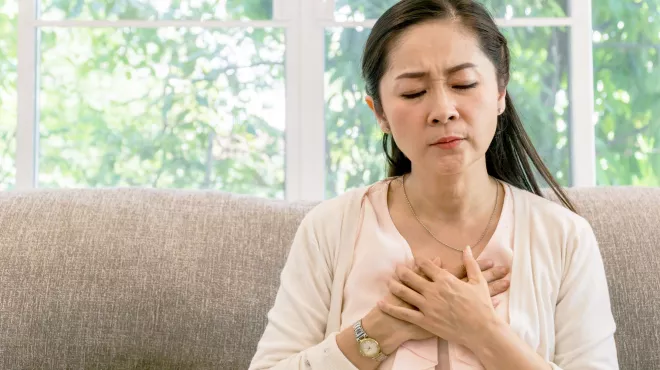The Asia Pacific Patient Innovation Summit (APPIS) is a 3-day virtual summit that was attended by more than 500 registrants composing of 377 patient leaders from almost 300 different patient organizations held last March 2-4 2021. The virtual summit aimed to gather representatives from different patient communities to discuss common concerns of patient organizations while also focusing on generating solutions and capability-building in order to address various needs and challenges as they continue to advocate for better healthcare outcomes that improve and help the lives of patients across the world.
This report focuses on the 2-day Philippine breakout sessions held over the course of the virtual summit and attended by a total of 96 participants - which focused on effective establishment and governance of Patient Advocacy Groups held by Speaker Paul Perez for the Day 1 Breakout Session, and a discussion on the role of Patient Organizations in supporting patients and clinical trials conducted by speaker Carmen Auste for the Day 2 Breakout Session.
Day 1 focused more on how to effectively establish and govern Patient Advocacy Groups (PAGs). Speaker Paul Perez, chairman of the Cancer Coalition of the Philippines had placed heavy emphasis on striving for creating lasting impact among PAGs. Although many patient groups today have struggled to consistently engage and maintain their volunteers as well as gain adequate funding to support patients, there is an opportunity for these challenges to be resolved if PAGs can reach the right people who can provide the support and resources that they need. This entails creating strategic campaigns that communicate their message to the right audiences while also creating a ripple effect wherein a small change can yield bigger outcomes in terms of impact. Strategic communications campaigns are founded on a clear purpose and vision that PAGs must establish early on. This can help them lobby for effective solutions that can be backed by influential people such as policy makers, or help connect with like-minded individuals willing to help their cause – ultimately supporting them as they look towards providing better support for the patients.
Meanwhile, Day 2 tackled the crucial role of Patient Organizations in promoting participation for clinical trials which was headed by Speaker Carmen Auste, Chair of the Philippine Health Research Ethics Board Committee on Patient Family and Stakeholder Management. It is evident that the low patient participation in clinical trials is primarily due to the lack of proper access to information. This makes patient organizations all the more essential with their connections to the patient community to promote the importance of clinical trials and the various regulatory mechanisms put in place to ensure clinical trials follow necessary health research standards. Similarly, patient organizations should also champion the rights of patients to ensure that they are protected and receive adequate care all throughout the entire process. More than that, support should also come from other institutions such as government and healthcare bodies to create a more holistic system of support that will help clinical trials to run more efficiently with adequate information dissemination.


